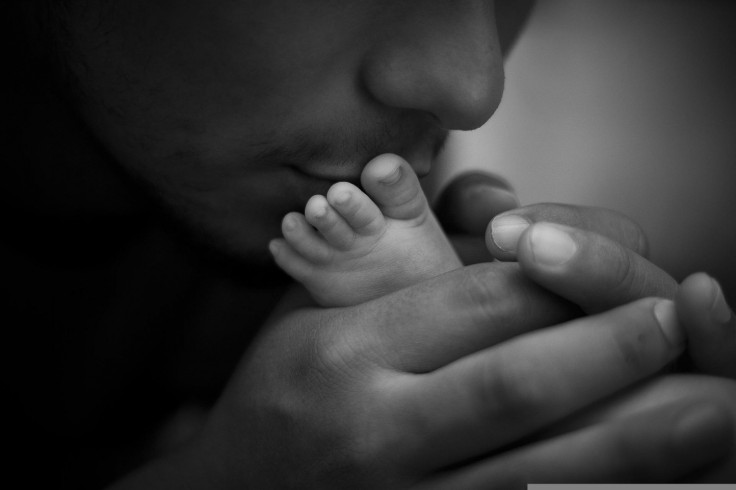
When a father's mental health is not prioritized or acknowledged, the quality of parenting relationships will be affected.
Overlooking the paternal mental health will result in the decline of their emotional wellbeing.
Household with fathers who struggle with mental health issues, specifically during early childhood, tends to have children with more difficulties handling their emotions and behaviors.
According to the National Alliance on Mental Illness (NAMU), a father plays a vital role in the family. If they are having difficulty managing their emotions, it will affect the quality and stability of the family.
Psychological research mostly fails to recognize or incorporate dads. The entire spectrum of fatherhood from the perinatal period throughout all the significant milestones of being a dad is largely absent from psychological research.
Giving importance to the father's mental health
Dr. Chuck Schaeffer, a strength-focused psychologist, puts supporting new fathers in the Dark Ages as Paternal Mental Health is a new field of study, and there are a lot of data advising that the transition impacts a father's mental health just as much as mothers.
Men are affected by the cultural ideas about masculinity and how they are supposed to act and behave. Boys are told to man up and walk it off at a young age and are taught that showing emotions is a sign of weakness. Thus, when they grow up and become fathers, they strive to acknowledge, communicate, and manage their own emotions.
Some evidence shows that approximately 10 percent of new fathers experience depression, and most do not understand why so they get insufficient support. Many new mothers treat fathers as a crucial source of support. Poor paternal support can worsen maternal mental health problems.
On the other hand, most fathers feel alienated and lack knowledge on how they can support their partners when needed, per BMC Series Blog.
Assessing the mental health of fathers
Kenn Harris, National Institute for Children's Health Quality Senior Project Director, said that many things shape the concept of masculinity, from social norms to cultural influences.
Fathers sometimes find it difficult to reconcile such expectations as they also face additional structural barriers, such as employment, economic challenges, and residing in a different house than their child, which disrupts their ability to connect with their kids during the early years of life.
Daniel Singley Ph.D., of the American Board of Professional Psychology, said that barriers must be navigated to generate internal stress as it worsens a father's situation in terms of nurturing and establishing interactive relationships with their children.
One out of 10 fathers obtains Paternal Postpartum Depression (PPPD), and 16 percent suffer from an anxiety disorder during the perinatal period.
Singley emphasizes that the result of data are significant numbers from a public health perspective, and men are far less likely to seek help specifically for their mental health during the perinatal period.
A common sign of paternal depression is when a mother is experiencing postpartum depression. Thus, always have the father screened if the mother is depressed, per NICHQ.
Related Article : Forgotten fathers: New dads also at risk for postpartum depression